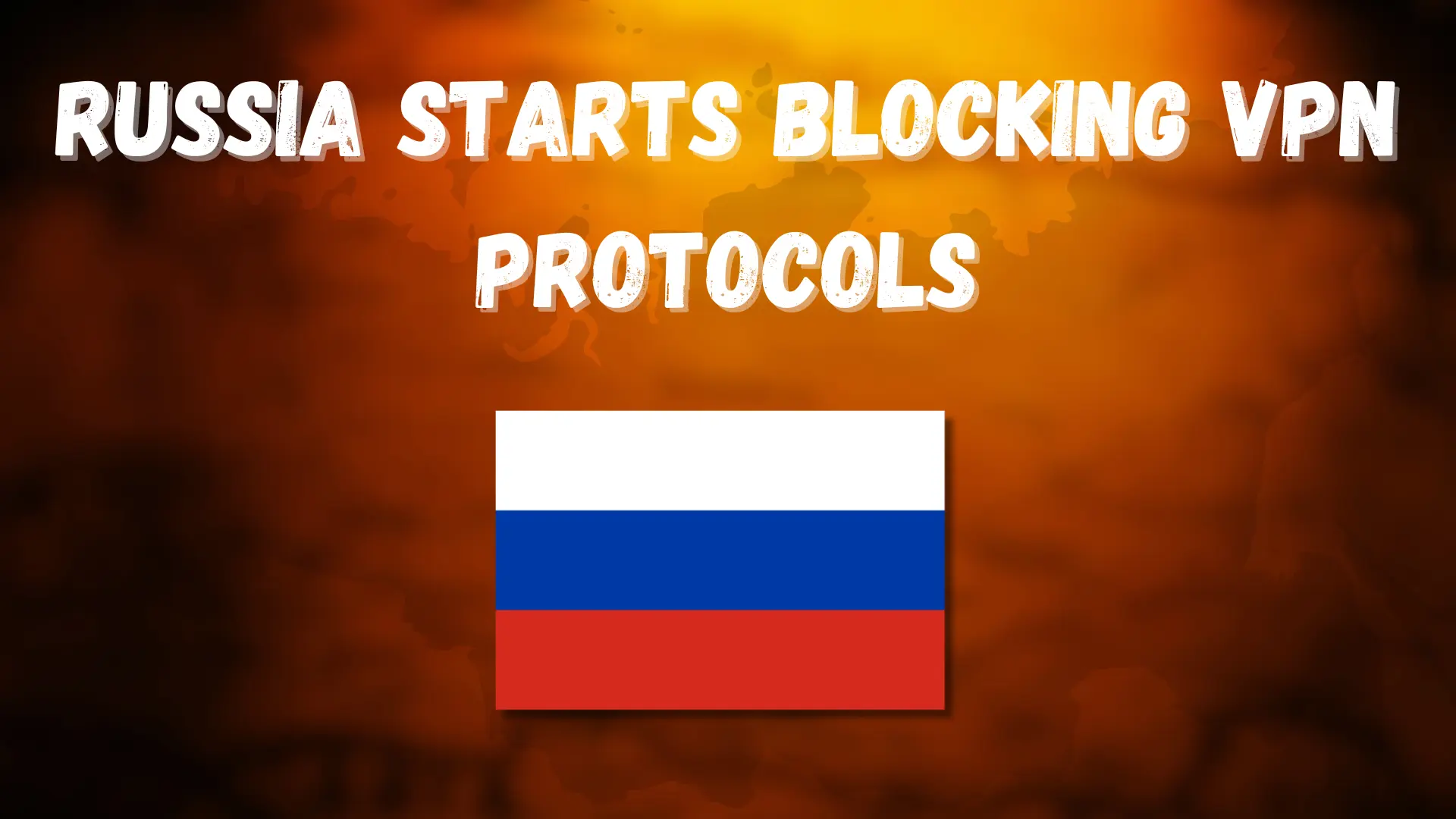Russia Starts Blocking VPN Protocols
3 min. read
Updated on
Read our disclosure page to find out how can you help VPNCentral sustain the editorial team Read more

About a week ago, Telegram chats were flooded with news of Russia planning to shut down services that bypass website blocking.
Now, it looks like the country has started doing it.
VPN protocols not working in Russia
More and more mobile users in Russia are reporting that their VPNs aren’t working.
The subscribers of mobile operators such as MTS (МТС), Beeline (Билайн), MegaFon (МегаФон), Tele2, Yota, and Tinkoff Mobile (Тинькофф Мобайл) have bumped into this problem.
As Russian media reports, subscribers of landline providers currently don’t experience any VPN issues.
Those who were not being able to connect tried replacing their VPN with another one. Unfortunately, this didn’t seem to resolve the issue.
The media in Russia reports that the reason behind this is that the country isn’t banning specific VPNs. Instead, it’s putting restrictions on the protocols these services use.
According to appleinsider.ru, the two protocols that are subject to the restrictions are:
- OpenVPN
- WireGuard
As some news outlets report, Russia started blocking OpenVPN first.
Many Russian companies have now encountered problems in their daily operations as both OpenVPN and WireGuard are quite popular in corporate environments.
At the moment, there’s no information about other protocols, but the website notes that Russia may have blocked them as well.
Philip Kulin, an IT expert and creator of the Eshare II Telegram group said that the federal executive agency Roskomnadzor has stepped up its efforts like never before. He added that it previously only imposed such blocks in certain regions, usually on weekends.
Kulin also confirmed that blocking methods were different in the past. He fears this is a global check on how such restrictions work and how effective they are.
As appleinsider.ru reports, the restriction currently doesn’t apply to Shadowsocks. It advises Russian citizens who want to bypass geo-restrictions to use it as an alternative to a VPN.
Widely used in China, Shadowsocks disguises your traffic as HTTPS, letting it move freely. It encrypts every byte of information, hiding your browsing sessions from prying eyes.
A Russian VPN provider, Terona VPN, confirmed the recent restrictions and said its users are reporting difficulties using the service. It’s now preparing to switch to new protocols that are more resistant to blocking.
Xeovo VPN said in a Twitter post that the block might be temporary. The provider recommended that its customers switch to stealth proxies. It also named Shadowsocks the best alternative to use in this situation.
According to the Law on Communications, Russia considers bypassing geo-restrictions and accessing banned content to be an illegal activity.
It also states that foreign-owned VPNs collect all data Russian users transmit through their apps.
Russia isn’t the first country to prevent internet users from hiding their traffic. China, Iran, Egypt, Uzbekistan, and Turkmenistan are other leaders in VPN blocking.









User forum
0 messages